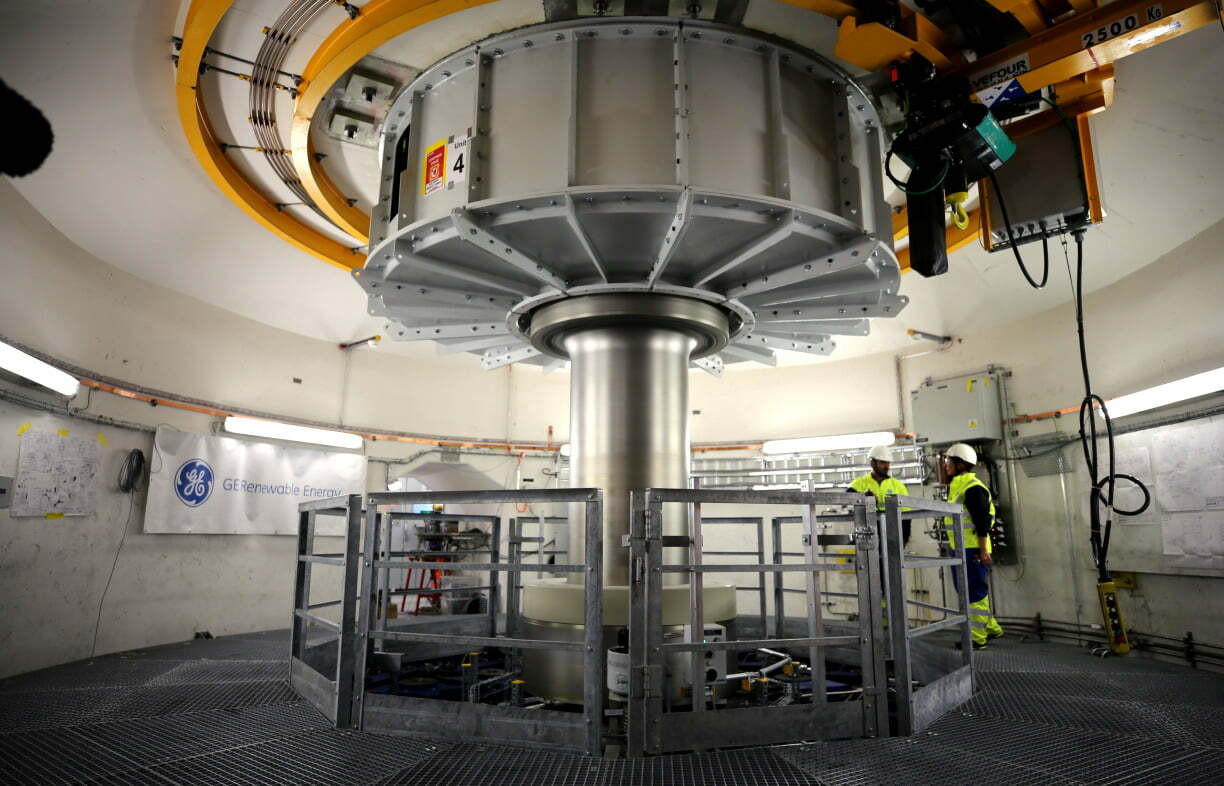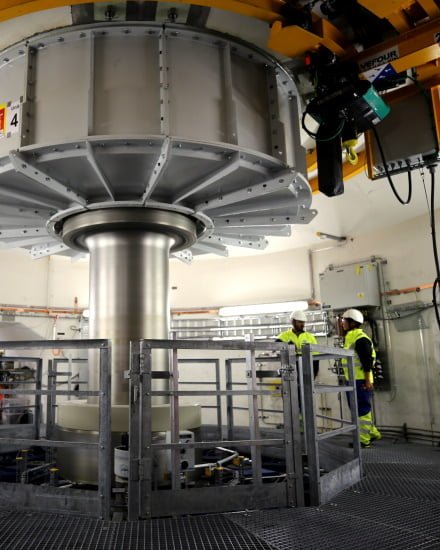Transition delayed – renewable projects facing obstacles

Electricity is the most critical sector in the fight against climate change, as clean power enables other sectors in our economy to decarbonise via electrification. However, in addition to the well-known political obstacles at the federal level, the transition to renewables is being delayed due to an outdated electricity market design that’s failing to deliver the required change.
The market operator has recently confirmed that the cheapest option to replace ageing coal-fired power stations is wind and solar, supported by new transmission and energy storage. However, due to inadequacies in the electricity market, construction is lagging for the required transmission and energy storage. This is causing some wind and solar farms to have grid connections refused, output curtailed and revenue reduced. Investors are understandably hesitant to develop new projects in the current market.
Renew is highly concerned that incremental reform of the electricity market may take too long to achieve the rapid transition of the sector that is required under climate imperatives. In the worst case, closure or failure of coal-fired generators could lead to blackouts if firm replacements aren’t built in time, and consumers will bear the unnecessary costs of a disorderly transition. Renew’s view is that a fully-renewable grid will be very difficult to operate using the market as it’s currently designed.
Stronger measures may be required in the form of a more coordinated, planned approach. Recent government investments such as Snowy Hydro 2.0 are consistent with the required transition. Renew will be keeping a close ‘watching brief’ on developments in the coming months and will be further considering the options to achieve a faster transition of our electricity system, to ensure it develops coherently in the long-term interest of consumers.
For more details, please download our discussion paper.


